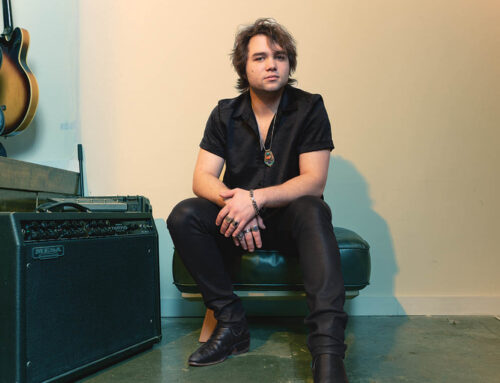Graduation season has come and gone, and most all the commencement addresses have been delivered. They are an interesting genre of literature.
I’ve heard many of them, and even given a few. Often they include such well-worn epigrams as “graduation is not the end, but the beginning” or “treasure the good times.”
One of the more creative lines was delivered by Bill Cosby at an SMU commencement a few years ago. He said that there are three ways of graduating with honors: cum laude, magna cum laude and summa cum laude. Then he added, “When I graduated, it was ‘Thank you, Laude!’ ”
I can identify with that.
In a May 30 column in the New York Times, David Brooks reflected on such addresses. The title of his piece was, “It’s Not About You”. He began by naming some of the challenges new graduates face these days: lack of jobs, a “ruinous federal debt,” and lack of clarity about the future.
“Most will spend a decade wandering from job to job and clique to clique, searching for a role,” he added.
Brooks went on to say that one of the heaviest burdens carried by new graduates is, in his words, “baby-boomer theology.” Ouch. I’m one of those Boomers. Worse yet, I know already what he is referring to. Baby-boomer theology comes through in those all-too-familiar graduation addresses that say, “Follow your passion, chart your own course, march to the beat of your own drummer, follow your dreams and find yourself.”
Such individualism is “the dominant note in American culture.”
Brooks’ message — not only directed to new graduates, but all of us — is a call to think beyond ourselves, and to recognize that life isn’t primarily about us. As I think about this, it occurs to me that often the message of the culture is, “Find yourself, identify your passion, then go serve others.” The problem with that theory is that, most often, we do not find ourselves or discover our passions until we have given ourselves away in service.
I have seen that time and time again. I’ve observed new college grads who were “at loose ends,” not knowing what they would do with their lives, volunteer for a year of mission in some needy part of the world. They usually come back fired up with a sense of high purpose and deep calling. They “found themselves,” not in philosophical navel-gazing, but in helping others. They got outside themselves and learned the important lesson that the world doesn’t exist to serve them — rather, it’s the other way around.
When my own daughter graduated, her university invited a remarkable commencement speaker, Desmond Tutu. His address was uncommonly brief. At the end, he said all that really needed to be said.
“You are probably wondering,” he said, “why, with all the suffering and trouble in the world today, why God isn’t doing something about it.” Then, after a grand pause, he added, “God is doing something. He’s sending you.”





